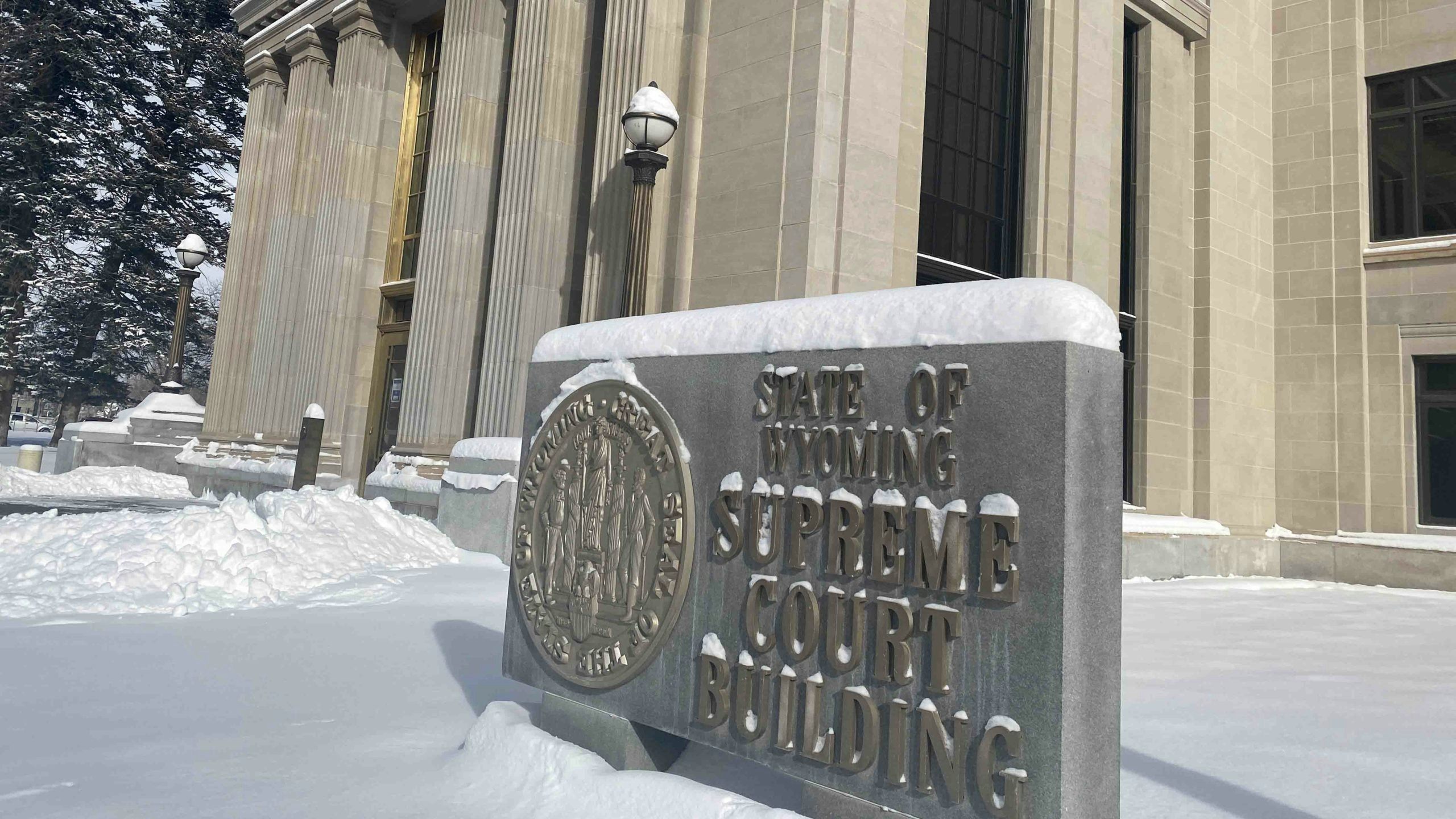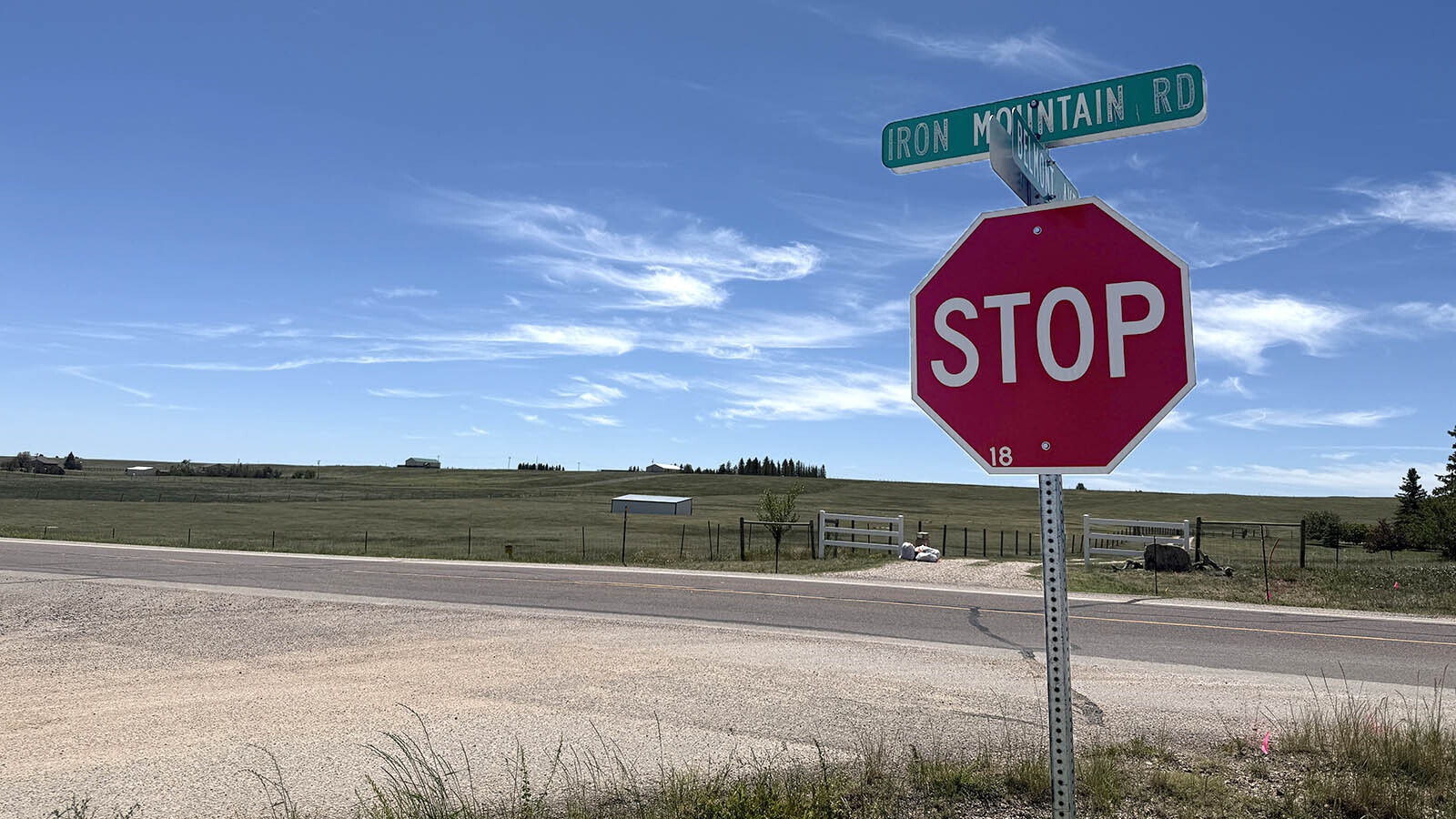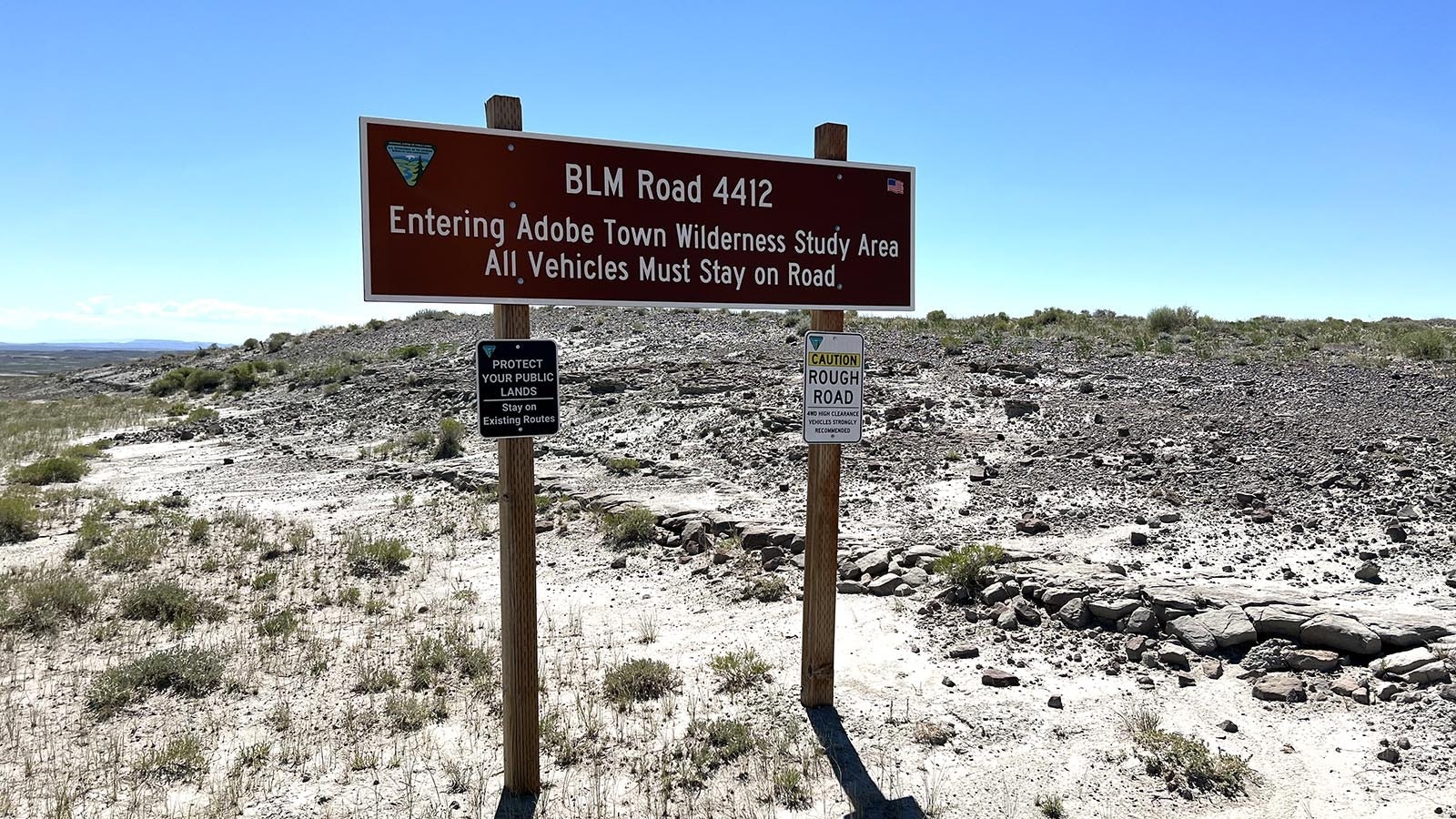A man’s conviction on a charge of aggravated assault and battery must be overturned because testimony another dispute with his wife should not have been heard at his trial, Wyoming’s Supreme Court has ruled.
The court on Wednesday ordered a new trial for Charles Kincaid, who was convicted in September 2020 by a jury and sentenced to seven to 10 years in prison.
Kincaid was charged in connection with allegations he pointed a gun at his wife Ashton Crain in February 2020 while at the Rock Springs apartment they shared.
During his trial, Kincaid’s defense attorney questioned Crain about her mental health, medications and panic attacks. She confirmed she had been prescribed antidepressants, an anxiety medication and a medication for nightmares, although she had not taken any medication on the night of the incident.
In response to questions from a prosecutor, Crain said she was prescribed the medications after an incident in November 2019 in Park City, Utah, when she and Kincaid, who was intoxicated, argued about whether he should leave the hotel room they were sharing.
Although police were called to the hotel room, no charges were ever filed. Crain asked officers to remove firearms and a knife from Kincaid and then spent the night in the bathroom.
Kincaid’s defense attorneys objected to the incident being raised, but the judge in the case said the matter could be discussed because defense attorneys had asked Crain about her medications and why she took them.
State legal rules forbid prosecutors from introducing evidence during a trial of other crimes committed by the defendant, unless that information is used for some purpose other than to “prove the character of a person.”
The Supreme Court unanimously found the discussion of the incident likely prejudiced the jury in Kincaid’s trial.
“(Due) to similarities between the charged incident and Park City, there is a high likelihood that the jury drew the improper inference that if Mr. Kincaid did something before, he probably did it again,” the ruling said.
Prosecutors also improperly referred to the Park City incident in closing arguments, justices said.
“Consequently, we conclude there is a reasonable probability that the result would have been more favorable to Mr. Kincaid if the Park City testimony had not been admitted,” the ruling said.





